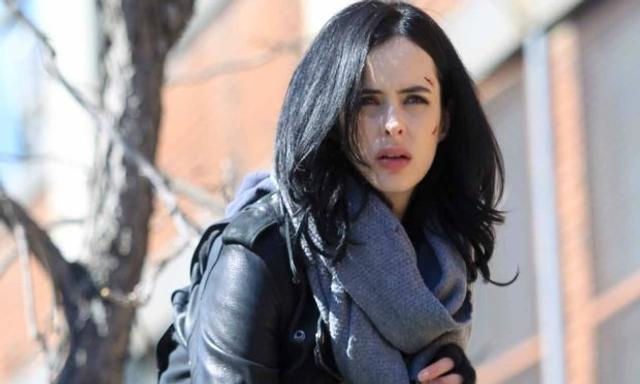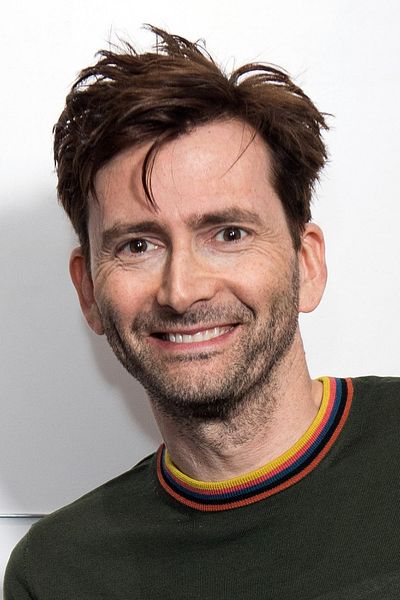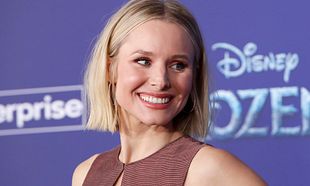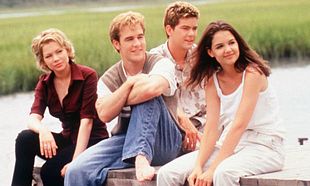(SPOILERS BELOW)
Marvel's initial strategy of choosing left-of-field directors for their properties worked a treat. By smartly choosing directors that gelled naturally with the material, it made for an engaging cinematic experience. Just look at Thor, which was directed by noted Shakespearean actor / director Kenneth Branagh or Guardians of the Galaxy, directed by wryly sarcastic James Gunn.
However, since The Avengers and its billion-dollar box office take, Marvel has had to be more... conservative in its choice. That's not to say the quality has degraded, but with the Ant-Man debacle (Edgar Wright left the project over creative differences) and Ava DuVernay stepping back from Black Panther (again over creative differences), fans have noted Marvel's reluctance to be as bold and striking as it once was. That, of course, is the case for its cinematic offerings. Its television output, meanwhile, has dared to breach boundaries unknown in comic-book adaptations. Just take a look at Jessica Jones.
A recent addition to the Marvel pantheon, the character was created in 2001 by Brian Michael Bendis and Michael Gaydos and was quickly featured in a number of major storylines. However, the character's name didn't have the same instant recognition of Iron Man or Captain America. Much like her character, Jessica Jones was an unknown. With the roaring success of Daredevil and its unique - for Marvel, anyway - sense of realism and grittiness, Jessica Jones was slated to be its follow-up.
What makes a good comic-book adaptation is how it uses tropes from a specific genre. The previously mentioned Thor, for example, is really just a Shakespearean drama with capes and superpowers. Captain America: The Winter Soldier is a Tom Clancy-esque conspiracy thriller. Guardians of the Galaxy is a callback to '80s sci-fi adventure comedies. Jessica Jones is, from the very outset, a hard-boiled detective noir. We regularly see Jones downing bottles of whiskey and skulking around her dingy office, complete with Venetian blinds and a slinky, saxophone soundtrack. But there's more than just nods and winks to a genre.

There is a real sense of authenticity to how Krysten Ritter plays Jessica Jones. The series' antagonist is Kilgrave, played wonderfully by David Tennant. The two characters had a toxic relationship prior to the series where Kilgrave was manipulative, emotionally abusive and controlling. We see Jones, throughout the series, trying to free herself of his psychological grip and the scars that she carries are evident. Of course, this is Marvel and there's a twist. Kilgrave has mind-control abilities and Jessica Jones has super-strength. Yet, the societal power structures are still evident.
Jessica is regularly talked down to by men because she's a woman and Kilgrave is simply allowed on his way. In fact, Kilgrave regularly targets victims of a certain stripe; ones that are marginalised by society. Women, people of colour, elderly, drug addicts - he picks these people because society is stacked against them and who'd believe them if they said they had their minds warped by a charming Englishman? Not even in the Marvel Universe would people buy that. To have that level of social commentary in a comic-book adaptation is incredible. Sure, X-Men dabbled with it now and then, but no series or film was fully based around that aspect. As Jones gets closer and closer to Kilgrave, we see him for what he is - a manipulator, someone who hides in plain sight without fear of retribution because he can. Who'd think anything of him? That's the kind of intelligent writing that's been sorely lacking from comic-book adaptations of late; that willingness to take something from our world and focus it through a prism of comic-book characters.
It's not just the relationship between Kilgrave and Jones, either. One of Kilgrave's victims, a young woman who serves as the catalyst for the series, was raped by him while under his control and finds out in a later episode that she's now pregnant. The character then begs Jones to help her have an abortion, describing how she views the foetus as "a tumour". Another character was originally a man in the original comic-books, but was changed to be a woman. Moreover, that same character is a lesbian.

Showrunner Melissa Rosenberg cleverly jettisoned the elements of the character and universe that she didn't need and kept what worked. There's a great scene in one episode where a deranged woman tries to murder Jones because her mother died during the final battle in Avengers. Almost hundreds died in the carnage, surely, but they're never referenced. In Jessica Jones, we're shown how that effects people and the lengths people will go to for vengeance and satisfaction. No other comic-book adaptation, to date, has examined this. Who'd have the guts to do so, anyway?
It's not just casting more diverse actors or using hot-button topics as part of its story, it also feels like an authentic detective noir. Almost like a Scandinavian crime procedural, Jessica Jones isn't afraid to let a scene rest on its mood. There's a minimal amount of special effects and, as well, their own superpowers are sparingly used. In fact, Tennant's character specifically tries not to use his powers in a bid to make himself more approachable and reformed; in his own twisted sense of logic. Again, this choice of limiting what makes it a Marvel entry is fascinating. Big tentpole blockbusters live and die by their special effects and how cool the heroes' superpowers are. Here, Jones has super-strength, but it's more used as a mechanism to say she can handle herself. Likewise, Kilgrave doesn't use his power to conquer the world, he uses it to rape women and steal cars from people.
It's fascinating to see how Marvel has drawn a clear line between its cinematic output and its television output with Jessica Jones. The two could not be more different, yet they share a common universe - not just with Iron Man, but with ourselves. Whilst Captain America or Iron Man may show what we aspire to be, Jessica Jones shows us as we are.




















































































